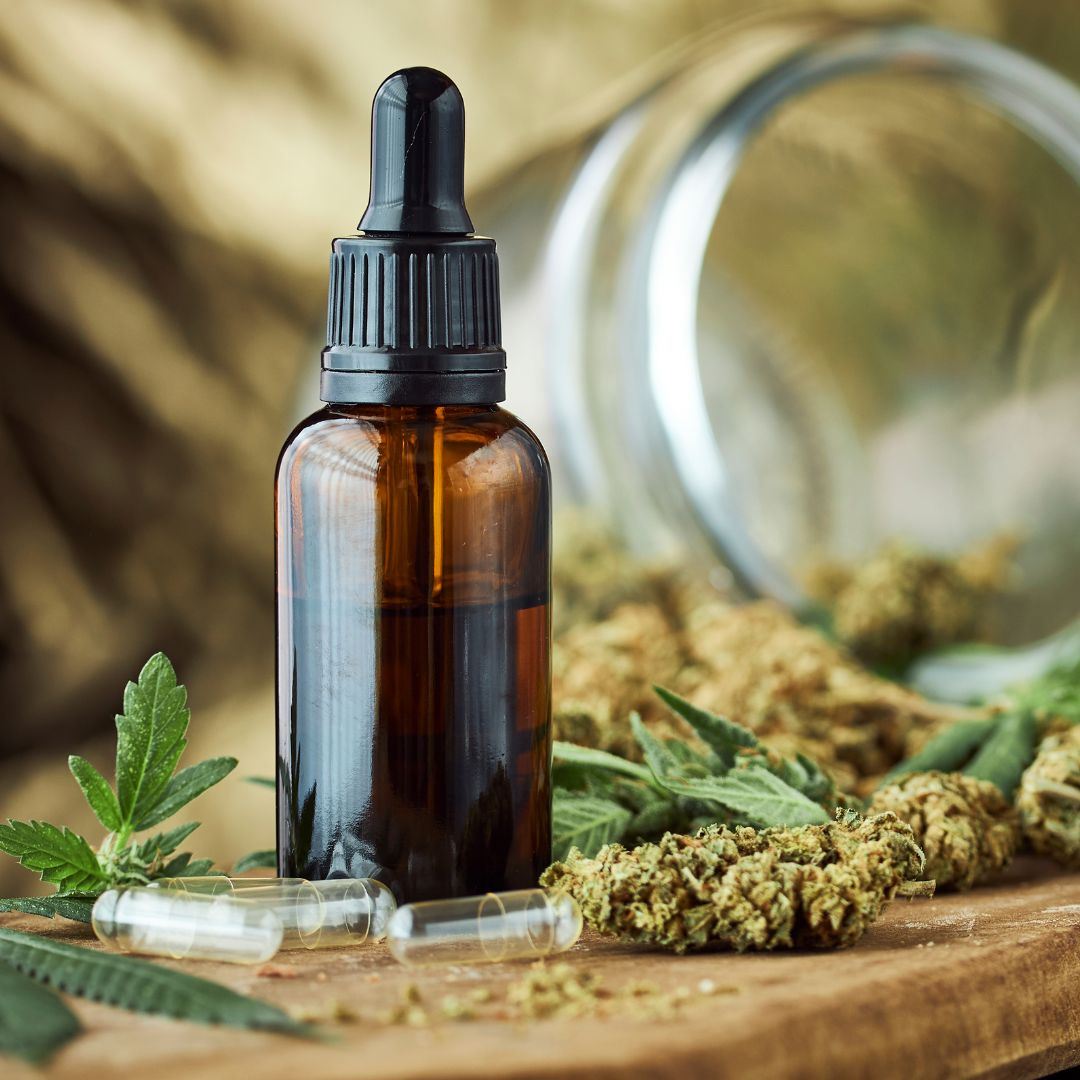- Home
- National Poison Data System
- Track Emerging Hazards
- Delta-8 THC
|
What is Delta-8 THC? The Cannabis Sativa plant contains hundreds of naturally occurring cannabinoids. The major cannabinoids in the plant are the psychoactive delta-9 THC and non-psychoactive cannabidiol (CBD). Delta-9 THC is the cannabinoid most responsible for producing the “high” from cannabis. Similarly, Delta-8 THC is a naturally occurring minor cannabinoid in the cannabis plant that is described as having half the “high” of delta-9 THC (marijuana). Why is Delta-8 THC Poisoning Trending? In 2021, CDC issued a health advisory regarding the increased availability of cannabis products containing delta-8 THC. These products may be sold legally in hemp or marijuana marketplaces and have been marketed as “weed light”. Delta-8 THC is in a number of products including edibles, extracts and vapes. FDA has not evaluated or approved delta-8 THC products for safe use. Since Delta-8 THC is found in such small quantities in the cannabis plant, it is often chemically made from CBD. As such, these products may contain other cannabinoids, terpenes, or chemical contaminants that are not on the product label. As of April 30, 2025, Poison Centers have managed 370 Delta-8 THC related exposure cases.
What are the Signs and Symptoms of Delta-8 THC Poisoning? Even though Delta-8 is marketed as having less of a high than regular cannabis, products often contain large doses which can cause similar effects to cannabis overdose. Similar to cannabis, children are more likely to experience severe toxicity from delta-8 THC poisoning. Symptoms include:
Severe toxicity has been associated with changes in heart rate, low blood pressure, difficulty breathing, and coma. Treatment and First Aid If you suspect someone is experiencing a life-threatening delta-8 THC poisoning:
Take Action For questions about delta-8 THC or delta-8 THC poisoning call Poison Help at 1-800-222-1222. From product related questions, to concerns about signs and symptoms of potential overdose, Poison Help staff are ready and available, 24/7/365, free of cost, for emergencies and non-emergencies. For the Media Please cite this data as “National Poison Data System, America's Poison Centers.” Any and all print, digital, social, or visual media using this data must include the following: “You can reach your local Poison Center by calling the Poison Help line: 1-800-222-1222. To save the number in your mobile phone, text POISON to 301-597-7137.” Email media@PoisonCenters.org or call 703-894-1863 for more information, questions, or to submit request data. | PREVENTIONTake these steps to prevent delta-8 THC poisoning:
|
Important notes about Poison Center dataAmerica's Poison Centers maintains the National Poison Data System (NPDS), the national database of information logged by the country’s Regional Poison Centers serving all 50 United States, Puerto Rico, the District of Columbia, and territories. Case records in this database are from self-reported calls: they reflect only information provided when the public or healthcare professionals report an actual or potential exposure to a substance, request information, or request educational materials. As such:The term “exposure” means someone has had contact with the substance in some way; for example, ingested, inhaled, or absorbed a substance by the skin or eyes, etc. Exposures do not necessarily represent poisonings or overdoses. |
/APC%20logo_2C%20with%20tagline.jpg)
 Delta-8 THC
Delta-8 THC